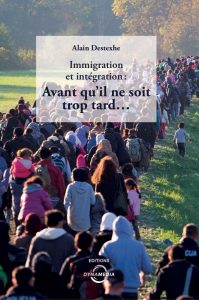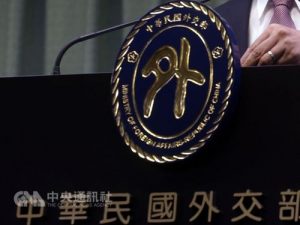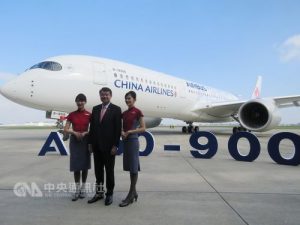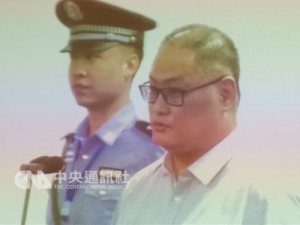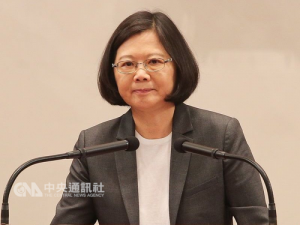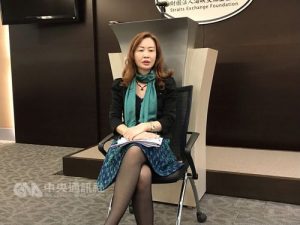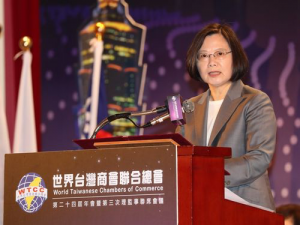La Chine et la Turquie sont les plus grands geôliers de journalistes, suivies de l’Égypte et de l’Arabie Saoudite
Au moins 250 journalistes emprisonnés dans le monde pour la quatrième année consécutive
New York, 11 décembre 2019 – Pour la quatrième année consécutive, le nombre de journalistes emprisonnés dans le monde à cause de leurs reportages a atteint au moins 250, la Chine et la Turquie figurant en tête de liste des plus grands geôliers au monde, a constaté le Comité de protection des journalistes.
Au 1er décembre 2019, le Comité de protection des journalistes a recensé au moins 250 journalistes en prison à cause de leur travail, dont quatre-vingt-dix-huit pour cent sont des journalistes locaux. Après la Chine, la Turquie, l’Arabie Saoudite et l’Égypte, les pires geôliers sont l’Erythrée, le Vietnam, et l’Iran.
Le Président Xi Jinping a resserré encore plus l’emprise de l’État sur la presse en Chine, où 48 journalistes sont derrière les barreaux. La Turquie, qui a éliminé presque tous les reportages indépendants et les critiques à travers la fermeture de plus de 100 organes de presse et des chefs d’accusation liés au terrorisme portés à l’encontre d’une grande partie de leur personnel, comptait 47 journalistes emprisonnés en 2019. En Turquie, des dizaines d’autres journalistes sont encore sous le coup d’un procès ou ont été condamnés à des peines d’emprisonnement et libérés en attendant leur appel.
« L’emprisonnement d’un seul journaliste est une injustice terrible qui a de lourdes répercussions sur les familles, les amis et les collègues », a déclaré Joel Simon, directeur exécutif du CPJ. « Mais l’emprisonnement de centaines de journalistes – année après année – constitue une menace pour le système d’information mondial dont nous dépendons tous. Les gouvernements de régimes répressifs utilisent ces tactiques cruelles pour priver leurs propres sociétés et le monde entier d’informations essentielles. »
L’autoritarisme, l’instabilité et les manifestations au Moyen-Orient ont conduit à une augmentation du nombre de journalistes emprisonnés dans la région – notamment en Arabie Saoudite qui compte désormais 26 journalistes derrière les barreaux, et qui se place, aux côtés de l’Égypte, au troisième rang des pires geôliers au monde.
La politique a été une fois de plus le sujet d’actualité le plus susceptible d’envoyer des journalistes en prison, suivie des droits de l’homme et de la corruption. Alors que la majorité des journalistes emprisonnés dans le monde sont accusés d’agissements à l’encontre de l’État, le nombre d’entre eux inculpés de diffusion de « fausses informations » a augmenté et atteint désormais 30 ; en 2012, le CPJn’avait recensé qu’un seul journaliste dans le monde devant répondre de cette allégation. Au cours de l’année écoulée, les pays répressifs, y compris la Russie et Singapore, ont promulgué des lois criminalisant la publication de « fausses informations ».
La liste du CPJ donne un aperçu instantané des personnes incarcérées au 1erdécembre 2019 à 00h:01. Elle ne répertorie pas les nombreux journalistes emprisonnés et libérés au cours de l’année ; vous trouverez des informations sur ces cas sur le site https://cpj.org. Les journalistes restent sur la liste du CPJ jusqu’à ce que l’organisation détermine avec suffisamment de certitude qu’ils ont été libérés ou qu’ils sont morts en détention. Apprenez-en plus sur notre méthodologie.
Dans les jours précédant le lancement du rapport, le CPJ met en lumière les cas individuels de journalistes emprisonnés dans le cadre de la campagne #FreeThePress sur Instagram. En savoir plus ici.
Le rapport du CPJ est disponible en arabe, chinois, anglais, farsi, français, portugais, russe, espagnol et turque. Les experts du CPJ sont aussi disponibles pour des interviews dans une variété de langues. Envoyez un courriel à press@cpj.org pour plus d’informations.
